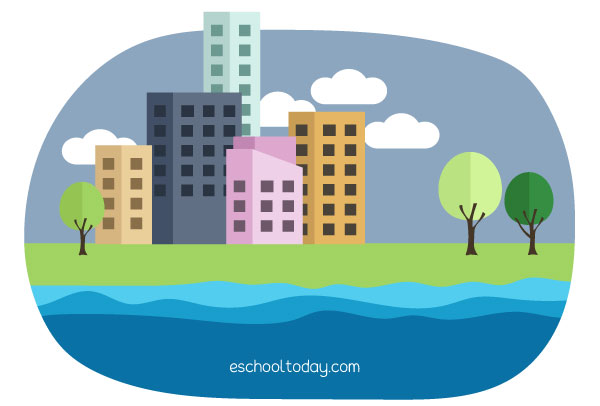- Water Scarcity
Threats to water supply
Here are some important causes of water shortage:
- Population expansion
In the last 50 years, the total number of people on earth has doubled and continues to grow. It is a result of larger family sizes and access to better health care and lifestyles. The use of wholesome water for drinking, cleaning, cooking, and sewage has tripled as a result. Humans are a lot more careless in recent times, and we waste more water than ever before. This careless use of water has placed a lot of pressure on the same amount of water that we have.

- Agriculture
Water for irrigation and food production constitutes one of the greatest pressures on freshwater resources. Agriculture accounts for 70% of global freshwater withdrawals (up to 90% in some fast-growing economies). WWDR 4: Facts and Figures
- Urbanization
Cities are growing and expanding more than ever before. Cities also tend to hold more people than towns and villages. That means there is an increased need to take care of sewage, cleaning, construction, and manufacturing.
- Pollution
Water, air, and land pollution together contribute to the reduction of water quality. Sewage, oil discharges from industries, waste dumping into water bodies, radioactive waste from mining activities as well as dirty water from sanitation work in hospitals, hotels, oil companies, mining, schools, and restaurants all end up polluting our waters. Water contamination and wastage from some mining industries through Hydraulic Fracturing (fracking) has also been a worry for many people.
- Vegetation destruction and Deforestation
Trees help prevent excessive evaporation of water bodies. They also enrich and condition the climate. This means the destruction of forests by fire, logging, and farming have exposed soil moisture and water bodies to the sun’s intense heat, leaving them dried out.
- Climate change
All over the world, places that used to have lots of rainfall do not have enough again, and dry places suddenly are getting colder and wetter. Both cases result in water shortage because less rainfall means less water, and excessive rains cause flooding which brings all sorts of debris and destroys water treatment installations.
NOTES
Drought ranks as the single most common cause of severe food shortages in developing countries. —FAO
